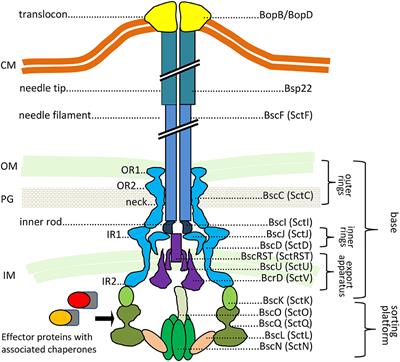EDITORIAL
Published on 08 Jul 2021
Editorial: Bacterial Effectors as Drivers of Human Disease: Models, Methods, Mechanisms
doi 10.3389/fcimb.2021.708228
- 2,278 views
- 1 citation
26k
Total downloads
114k
Total views and downloads
Select the journal/section where you want your idea to be submitted:
EDITORIAL
Published on 08 Jul 2021
MINI REVIEW
Published on 10 Mar 2021
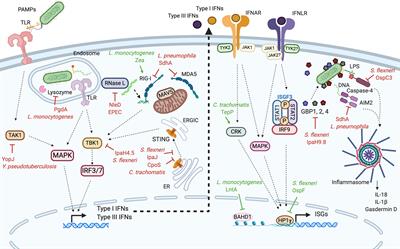
REVIEW
Published on 24 Feb 2021
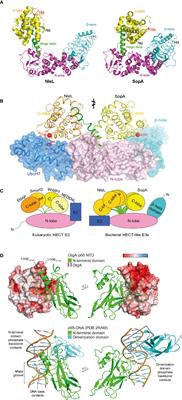
MINI REVIEW
Published on 03 Feb 2021
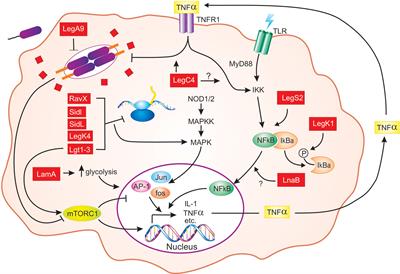
ORIGINAL RESEARCH
Published on 23 Dec 2020
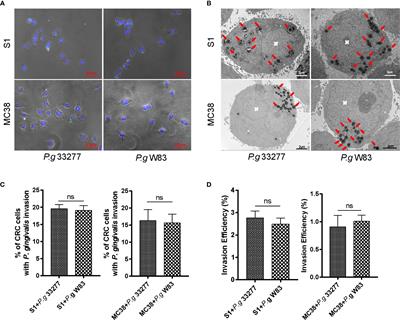
ORIGINAL RESEARCH
Published on 08 Dec 2020

ORIGINAL RESEARCH
Published on 13 Nov 2020
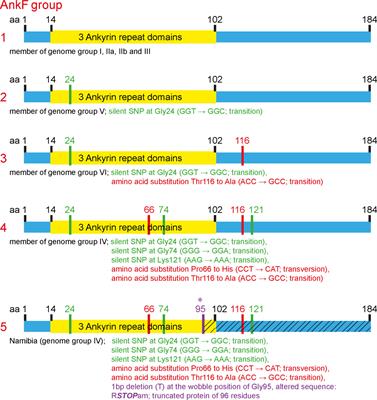
REVIEW
Published on 05 Nov 2020
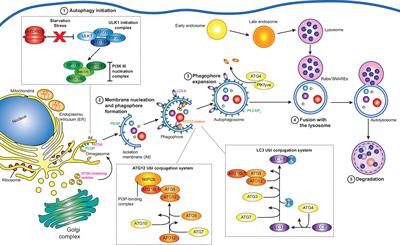
REVIEW
Published on 23 Oct 2020
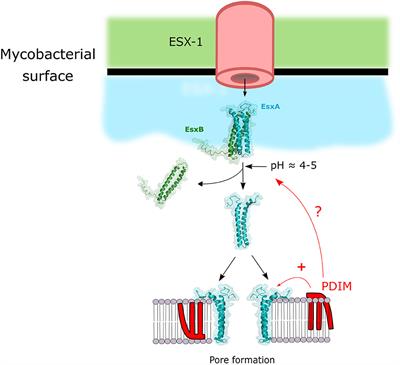
REVIEW
Published on 19 Oct 2020
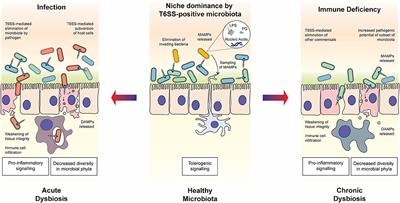
REVIEW
Published on 19 Oct 2020
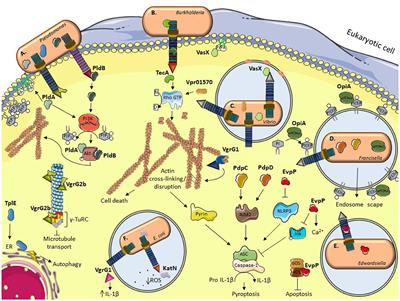
REVIEW
Published on 04 Sep 2020
